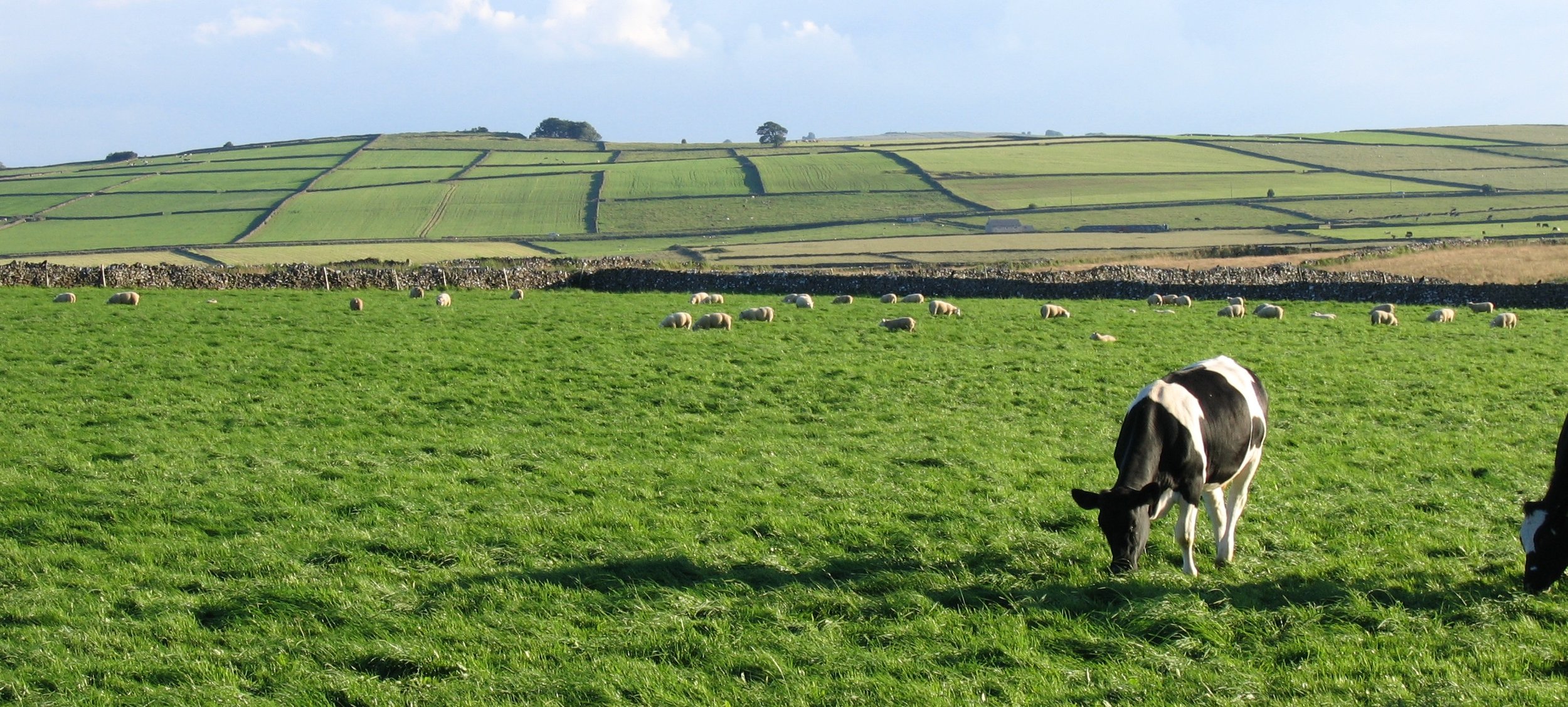Farm Diversification
Farm diversification in the UK refers to the practice of farmers exploring alternative sources of income beyond traditional agricultural activities, such as growing crops and raising livestock. This can include activities such as renewable energy production, tourism, recreational activities, food processing, and direct sales to consumers.
There are several reasons why farmers in the UK choose to diversify their business activities. These include increasing income and profitability, reducing reliance on a single source of income, taking advantage of new markets, and adapting to changes in the agricultural industry.
Some examples of farm diversification in the UK include:
Agritourism - This involves using farmland and buildings for holiday rentals, camping, and outdoor activities such as hiking, horse riding, and fishing.
Renewable energy production - This includes the installation of solar panels, wind turbines, and other forms of green energy production.
Direct sales to consumers - This involves selling produce directly to consumers through farm shops, farmers' markets, and online platforms.
Food processing - This involves adding value to farm products by processing them into ready-to-eat or ready-to-cook foods.
Equestrian activities - This involves offering services such as horse-riding lessons, stabling, and equine therapy.
Farm diversification can provide farmers with new income streams and help to sustain their businesses in the face of economic challenges. However, it requires careful planning and investment, and farmers should carefully consider the potential risks and benefits before embarking on diversification activities.
However, farmers should carefully consider the costs and logistics of starting a glamping or Airbnb business, including any necessary permits or licenses, marketing and promotion, and ongoing maintenance and upkeep of the accommodations. Additionally, they should consider the potential impacts on their farm operations and resources, such as water and electricity usage and potential disturbances to livestock. Proper planning and preparation can help ensure a successful and sustainable farm diversification venture.
Glamping on a farm can offer several benefits to both the farmers and visitors. Here are a few potential advantages:
Additional revenue stream: Glamping can provide farmers with a new and potentially profitable source of income, helping to diversify their business and supplement their traditional farming activities.
Capitalizes on existing resources: Many farmers have underutilized or unused land, buildings, and natural features that could be transformed into a unique glamping experience. This can create a new revenue stream without requiring significant new investment.
Attracts new customers: Glamping can appeal to a wide range of customers, including those who may not be interested in traditional camping or hotel accommodations. This can help farmers reach new markets and increase their customer base.
Provides an authentic farm experience: Glamping on a farm can offer guests a unique opportunity to experience rural life first-hand. They can observe farm activities such as milking cows, harvesting crops, and feeding animals, and learn about farming practices and sustainability.
Boosts local economy: Glamping can help support the local economy by encouraging guests to visit nearby towns and attractions, purchase local products, and participate in local activities.
Promotes eco-tourism: Glamping can be designed to have minimal impact on the environment, with sustainable practices such as using renewable energy, composting, and recycling. This can attract eco-conscious travellers and promote sustainable tourism.
Overall, glamping on a farm can provide farmers with a unique opportunity to diversify their business while offering guests a one-of-a-kind experience that they are unlikely to find anywhere else.
With a glamping business, you can capitalize on your existing resources, including underutilized land and buildings, to create a unique and memorable experience for your guests. Whether you offer luxury tents, cosy cabins, or rustic yurts, glamping on a farm can provide your guests with a unique and authentic experience that they will never forget.
But it's not just the guests who benefit from glamping on a farm. This business can also help to supplement your traditional farming activities and provide a new revenue stream to help sustain your farm for years to come. You can also promote sustainable tourism and eco-friendly practices, such as using renewable energy, composting, and recycling, to attract eco-conscious travellers and promote sustainable living.
With the rise of agritourism and the increasing demand for unique travel experiences, now is the perfect time to start your own glamping business on your farm. By providing your guests with a one-of-a-kind experience, you can attract new customers, increase your revenue, and promote the beauty and sustainability of rural life.
So what are you waiting for? Take the first step towards a successful and sustainable glamping business on your farm today!
Russell Layton - 1st April 2023




